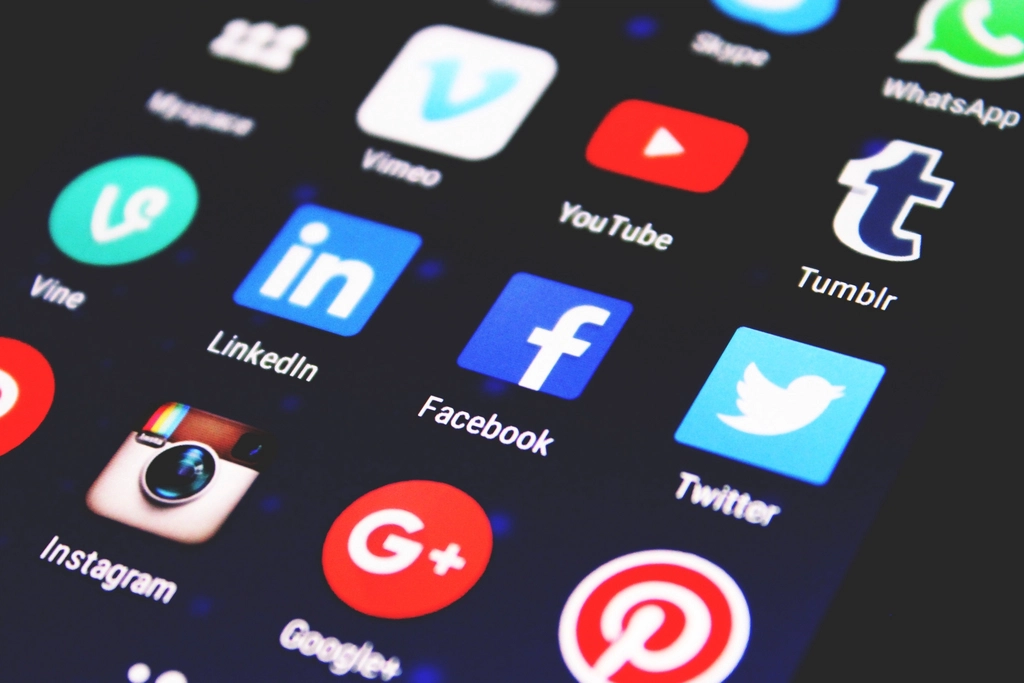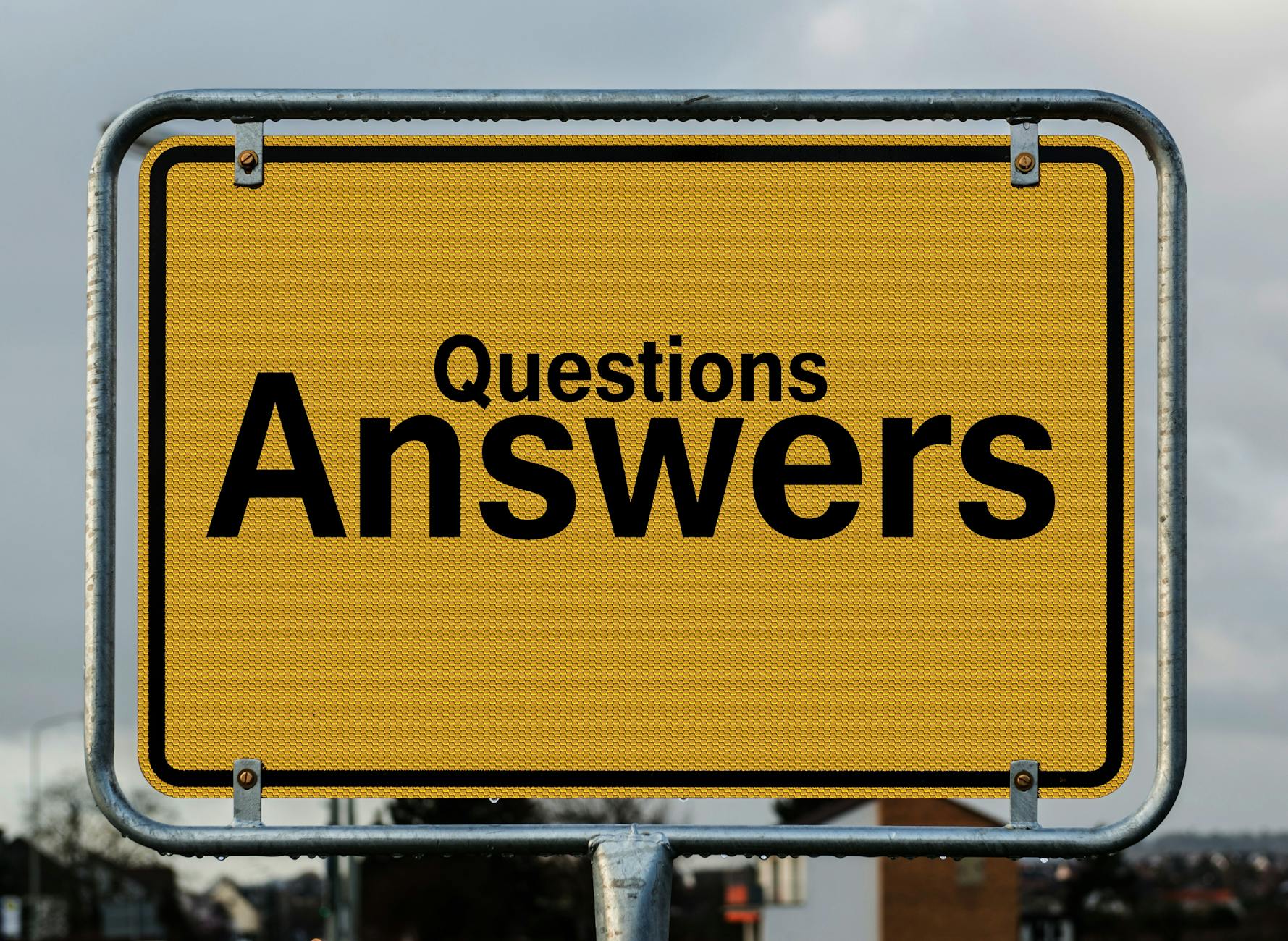Gen Z: The Digital Natives Reshaping Marketing

Introduction

Definition of Gen Z
Generation Z, or Gen Z, refers to individuals born between the mid-1990s and early 2010s. (Ages 12 – 23) They are the first generation to grow up with the internet, smartphones, and social media as integral parts of their daily lives. This digital upbringing has shaped their behaviors, preferences, and interactions with brands, making them a unique and influential demographic in the marketing world.
Importance of Gen Z in the Digital Era
Gen Z represents a significant portion of the global population and boasts substantial spending power. As digital natives, they are reshaping the marketing landscape by demanding innovation, authenticity, and personalization from brands. Understanding Gen Z is crucial for marketers aiming to capture this demographic’s attention and loyalty.
How Gen Z Differs from Previous Generations
Unlike Millennials, who witnessed the rise of the internet, Gen Z has never known a world without it. This constant connectivity has resulted in distinct differences in how they consume information, communicate, and make purchasing decisions. Their preferences for instant gratification, visual content, and socially responsible brands set them apart from previous generations.
Characteristics of Gen Z
Digital Natives
Gen Z’s inherent familiarity with technology is a defining characteristic. From a young age, they have been exposed to digital devices, making them adept at navigating the online world. This proficiency influences their expectations for seamless digital experiences in all aspects of life, including marketing.
Tech-Savvy and Connected
Gen Z is highly connected, often juggling multiple devices and platforms simultaneously. They rely on the internet for entertainment, education, and social interactions. This constant connectivity shapes their behavior and preferences, making them a challenging yet rewarding audience for marketers.
Social Media Enthusiasts
Social media is central to Gen Z’s social life. Platforms like TikTok, Instagram, and Snapchat are their go-to sources for entertainment, news, and communication. They use these platforms to express themselves, discover new trends, and connect with peers, which presents unique opportunities for brands to engage with them.
Short Attention Spans
Growing up in a world of rapid information exchange has resulted in Gen Z having shorter attention spans compared to previous generations. They prefer concise, visually appealing content that can be consumed quickly. This preference challenges marketers to create compelling, bite-sized content that captures their interest instantly.
Values and Beliefs
Gen Z is characterized by its strong values and beliefs. They prioritize authenticity, inclusivity, and social responsibility in their interactions with brands. This generation is not afraid to voice their opinions and hold companies accountable for their actions, influencing marketing strategies to align with their values.
Gen Z’s Influence on Marketing
Shift to Digital Marketing
The rise of Gen Z has accelerated the shift to digital marketing. Traditional advertising methods are less effective with this tech-savvy generation, who favor digital platforms for discovering and engaging with brands. Marketers must embrace digital channels to reach and resonate with Gen Z effectively.
Rise of Social Media Influencers
Gen Z places significant trust in social media influencers. These influencers, often seen as more relatable and authentic than traditional celebrities, play a crucial role in shaping Gen Z’s opinions and purchasing decisions. Collaborating with influencers can help brands tap into this generation’s preferences and build credibility.
Emphasis on Authenticity and Transparency
Gen Z values authenticity and transparency in their interactions with brands. They can easily detect insincerity and are quick to call out companies that fail to align with their values. Marketers must prioritize genuine communication and ethical practices to gain and maintain Gen Z’s trust.
Preference for Video Content
Video content reigns supreme among Gen Z. Platforms like YouTube, TikTok, and Instagram Reels cater to their preference for dynamic, visual content. Brands that leverage video to tell compelling stories, showcase products, and engage with audiences are more likely to capture Gen Z’s attention.
Demand for Personalization
Gen Z expects personalized experiences tailored to their individual preferences. They appreciate brands that use data to deliver relevant content, recommendations, and offers. Personalized marketing strategies can enhance engagement and build stronger connections with this discerning audience.
Digital Platforms Popular with Gen Z

TikTok
TikTok has emerged as a powerhouse platform among Gen Z, known for its short, engaging videos. Its algorithm curates content based on user preferences, making it a hotspot for viral trends and challenges. Brands can leverage TikTok’s creative potential to reach and engage with Gen Z.
Instagram remains a favorite among Gen Z for its visually driven content. Features like Stories, Reels, and IGTV provide diverse opportunities for brands to connect with this audience. Instagram’s focus on aesthetics and influencer culture aligns well with Gen Z’s preferences.
Snapchat
Snapchat’s ephemeral nature appeals to Gen Z’s desire for quick, authentic interactions. Its features, such as Stories and Snap Map, offer unique ways for brands to create engaging, time-sensitive content that resonates with this audience.
YouTube
YouTube is a staple for Gen Z, serving as both a search engine and entertainment hub. Long-form videos, tutorials, and vlogs are popular formats. Brands can utilize YouTube to provide in-depth content and build a loyal following through consistent, high-quality videos.
Twitch
Twitch, primarily known for gaming, has expanded its appeal to Gen Z with diverse live streaming content. The platform’s interactive nature allows brands to engage with viewers in real-time, fostering a sense of community and immediacy.
Marketing Strategies for Engaging Gen Z
Utilizing Social Media Platforms
To effectively reach Gen Z, brands must have a strong presence on their preferred social media platforms. Creating platform-specific content and leveraging features unique to each platform can enhance engagement and brand visibility.
Creating Authentic Content
Authenticity is key when marketing to Gen Z. Brands should focus on creating genuine, relatable content that reflects their values and resonates with their audience. This includes showcasing real people, behind-the-scenes footage, and user-generated content.
Embracing Influencer Marketing
Influencers play a significant role in Gen Z’s purchasing decisions. Collaborating with influencers who align with the brand’s values can amplify reach and credibility. It’s important to choose influencers who genuinely connect with their audience to ensure authentic endorsements.
Implementing Interactive and Engaging Campaigns
Interactive campaigns, such as polls, quizzes, and challenges, can capture Gen Z’s attention and encourage participation. These campaigns not only engage the audience but also provide valuable insights into their preferences and behaviors.
Leveraging User-Generated Content
Gen Z values peer recommendations and user-generated content. Encouraging customers to share their experiences with the brand can build trust and authenticity. Featuring user-generated content in marketing campaigns can enhance credibility and foster community.
The Role of Technology in Gen Z Marketing

Mobile Optimization
Given Gen Z’s reliance on smartphones, mobile optimization is crucial for marketing success. Brands must ensure their websites, apps, and content are mobile-friendly to provide seamless experiences and capture Gen Z’s attention.
Use of AI and Machine Learning
Artificial intelligence (AI) and machine learning can enhance marketing strategies by providing personalized recommendations, automating tasks, and analyzing consumer behavior. These technologies can help brands deliver relevant content and improve engagement with Gen Z.
Augmented Reality (AR) and Virtual Reality (VR)
AR and VR offer immersive experiences that appeal to Gen Z’s love for innovation. Brands can use these technologies to create interactive product demos, virtual try-ons, and engaging campaigns that capture the imagination of this tech-savvy generation.
Chatbots and Messaging Apps
Chatbots and messaging apps provide instant, convenient communication channels for Gen Z. Brands can use these tools to offer personalized customer service, answer queries, and provide recommendations, enhancing the overall customer experience.
Data Analytics and Insights
Data analytics is essential for understanding Gen Z’s preferences and behaviors. By analyzing data from various touchpoints, brands can gain valuable insights and tailor their marketing strategies to meet Gen Z’s needs effectively.
Content Marketing for Gen Z
Importance of Visual Content
Visual content, including images, videos, and infographics, is highly effective in capturing Gen Z’s attention. Brands should focus on creating visually appealing content that conveys messages quickly and effectively.
Creating Short-Form Content
Given Gen Z’s short attention spans, short-form content is crucial. Platforms like TikTok and Instagram Reels are ideal for delivering concise, engaging content that resonates with this audience.
Storytelling Techniques
Storytelling is a powerful tool for connecting with Gen Z. Brands should craft compelling narratives that evoke emotions, highlight brand values, and create memorable experiences for their audience.
Incorporating Memes and Trends
Memes and trends are integral to Gen Z’s online culture. Brands can leverage these elements to create relatable and shareable content, demonstrating their understanding of Gen Z’s interests and humor.
Live Streaming and Real-Time Engagement
Live streaming offers real-time interaction and engagement with Gen Z. Brands can use live streams for product launches, Q&A sessions, and behind-the-scenes content, fostering a sense of immediacy and connection.
The Impact of Social Issues on Gen Z Marketing
Social Responsibility and Ethical Brands
Gen Z values social responsibility and supports brands that demonstrate ethical practices. Marketers should highlight their brand’s commitment to social and environmental causes to resonate with this audience.
Environmental Concerns
Environmental sustainability is a priority for Gen Z. Brands can appeal to this concern by adopting eco-friendly practices, reducing their carbon footprint, and promoting sustainable products and initiatives.
Diversity and Inclusion
Diversity and inclusion are essential values for Gen Z. Brands should ensure their marketing campaigns reflect a diverse range of voices and perspectives, promoting inclusivity and equality.
Political and Social Activism
Gen Z is known for its political and social activism. Brands that align with their audience’s values and support relevant causes can build stronger connections and foster loyalty.
Supporting Mental Health
Mental health is a critical issue for Gen Z. Brands can support mental health initiatives, provide resources, and promote positive mental health practices to show their commitment to this important cause.
Challenges in Marketing to Gen Z

Staying Relevant in a Fast-Paced Environment
The fast-paced nature of digital trends can make it challenging for brands to stay relevant. Marketers must continuously monitor and adapt to changing trends to maintain Gen Z’s interest.
Balancing Privacy and Personalization
While Gen Z values personalization, they are also concerned about privacy. Brands must find a balance between delivering personalized experiences and respecting their audience’s privacy.
Overcoming Skepticism and Distrust
Gen Z is often skeptical of traditional advertising and brand messages. Marketers must focus on building trust through transparency, authenticity, and genuine engagement.
Managing Negative Feedback and Backlash
Gen Z is vocal about their opinions and quick to call out brands for missteps. Brands must be prepared to handle negative feedback and backlash effectively, demonstrating accountability and a willingness to make amends.
Keeping Up with Rapidly Changing Trends
The rapid pace of digital trends requires brands to be agile and adaptable. Marketers must stay informed about the latest trends and technologies to remain competitive and engage Gen Z effectively.
Case Studies of Successful Gen Z Marketing Campaigns
Wendy’s Social Media Strategy
Wendy’s social media strategy, characterized by witty and humorous interactions, has successfully engaged Gen Z. The brand’s relatable and entertaining content on platforms like Twitter has helped it build a strong connection with this audience.
Apple’s Shot on iPhone Campaign
Apple’s “Shot on iPhone” campaign highlights user-generated content, showcasing the creativity of its customers. This approach resonates with Gen Z’s preference for authentic and relatable content, reinforcing Apple’s brand image.
Netflix’s Interactive Content
Netflix’s interactive content, such as “Black Mirror: Bandersnatch,” offers unique, immersive experiences that appeal to Gen Z’s love for innovation. This approach demonstrates Netflix’s commitment to pushing creative boundaries and engaging its audience in new ways.
Fenty Beauty’s Inclusive Marketing
Fenty Beauty’s inclusive marketing strategy, featuring a wide range of shades and diverse models, has resonated with Gen Z. The brand’s commitment to diversity and inclusivity has set a new standard in the beauty industry and garnered strong support from Gen Z.
Future Trends in Gen Z Marketing
Growth of Social Commerce
Social commerce is set to grow, with Gen Z leading the charge. Brands can leverage social media platforms to facilitate seamless shopping experiences, integrating e-commerce into their social strategies.
Increased Use of AR and VR
AR and VR technologies will continue to gain traction, offering immersive experiences that appeal to Gen Z. Brands can use these technologies to create engaging and interactive campaigns, enhancing customer experiences.
Expansion of Influencer Marketing
Influencer marketing will expand as more brands recognize its effectiveness in reaching Gen Z. Collaborating with micro-influencers and niche creators can help brands connect with specific segments of this audience.
Rise of the Metaverse
The metaverse, a virtual shared space, will become increasingly important in marketing. Brands can explore opportunities to create virtual experiences and engage with Gen Z in these digital environments.
Continuous Evolution of Digital Platforms
Digital platforms will continue to evolve, offering new features and opportunities for engagement. Brands must stay informed about these changes and adapt their strategies to leverage new tools and trends effectively.
Conclusion
Recap of Gen Z’s Impact on Marketing
Gen Z’s digital nativity, values, and behaviors are reshaping the marketing landscape. Brands must adapt to their preferences and leverage digital platforms to connect with this influential demographic.
Importance of Adapting to Gen Z’s Preferences
Understanding and adapting to Gen Z’s preferences is crucial for marketing success. Brands that prioritize authenticity, personalization, and social responsibility will be better positioned to capture Gen Z’s attention and loyalty.
Future Outlook for Gen Z Marketing
The future of Gen Z marketing will be shaped by continuous technological advancements and evolving consumer behaviors. Brands must remain agile and innovative to stay relevant and engage this dynamic audience.
Call to Action for Marketers
For marketers looking to stay ahead of the curve, it’s essential to stay informed about the latest trends and technologies. For the latest on marketing and tech trends, visit georgefeola.io

